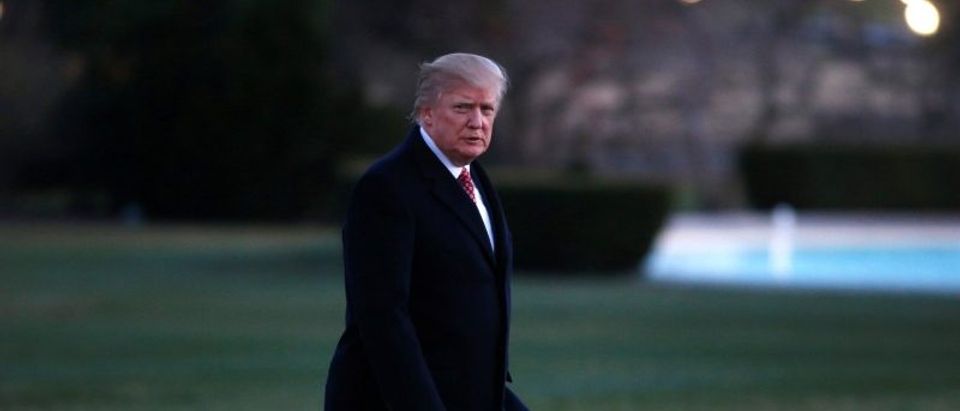Can it only have been a week ago that President Donald Trump stood before a joint session of Congress and delivered a speech that even his harshest critics acknowledged was “presidential” and seemed, if only for a moment, to quell the wailing of the anti-Trump anvil chorus?
What a difference a Tweet makes…
Trump’s decision to address the alleged Obama wiretapping — which of course I don’t even need to unpack, it has already become as well-known as Watergate — on Twitter may prove to be his least judicious use of social media to advance his administration’s agenda.
Don’t misunderstand me; I have no objection to the populist impulses that prompt Trump to relay either policies or messages via the social media. I completely comprehend not only his desire but his need rib to bypass a mainstream media that has become emmired in its own political agenda and increasingly occupied in the shameless promulgation of that agenda.
But if wiretapping has occurred, the place to begin he investigation is not Twitter.
You know, there’s a hilarious article from the satirical online journal “The Onion” that comes to mind. It may well be their masterpiece of the genre. In this intentional piece of fake news, the Cuban Missile Crisis is portrayed as nothing more than a crazy stunt engineered by the 1960s sitcom “Candid Camera,” a popular program of the period that set-up embarrassing incidents for unsuspecting subjects and filmed the resulting mayhem with a hidden camera.
In The Onion’s take, President John Kennedy is meeting with the cabinet over the ultimate Cold War drama when suddenly the show’s host and produce, Allen Funt, emerges from the curtains to announce it’s all been a gag! And the entire cabinet was in on the joke, as Attorney General Robert Kennedy can barely contain his mirth and Secretary of Defense Robert MacNamara is on the floor engulfed in laughter.
OK, the Cuban Missile Crisis was no joke but do you think Kennedy would have announced this great global confrontation on Twitter had the social media existed in 1962?
Perhaps the accusations of wiretapping may not be on the same level as an event that nearly precipitated a nuclear war but the principle is really the same. Some issues need to be preserved from exposure to Twitter and Facebook in the same way as some foods need to be insulated from air. Politicians of many competing ideologies routinely turn to social media platforms to make announcements that should never be made there. They do so because if the information is wrong or incomplete, they can always plead that was only a social media release so what does it matter?
It matters.
The social media is the great leveler in public discourse because everybody and anybody can utilize its power and reach to transmit their message. That means you can see what the President of the United States is saying about repealing Obamacare or you can discover how some porn star is wasting her day.
That access is both the medium’s greatest asset and liability. It’s a little like saying that if everybody owns something, nobody owns it. As much as social media can expose wrongdoing, it can also contaminate and spoil an issue before it even has a chance to properly and legally adjudicated.
To be certain, we are treading upon new ground with the wiretapping story because we have never had a president who is quite so familiar with the social media and shows absolutely no compunction about utilizing it to prove a point.
As the story unfolds over the next few days and weeks — and this is a convulsed tale to say the least — it is important that it not be reduced to either triviality or a social media contest of opposing Tweets, because in neither scenario will the truth ever emerge.
Follow David on Twitter.


